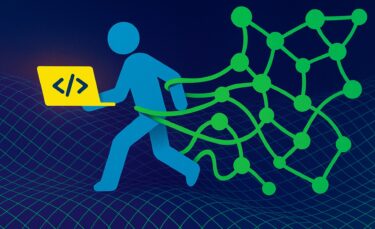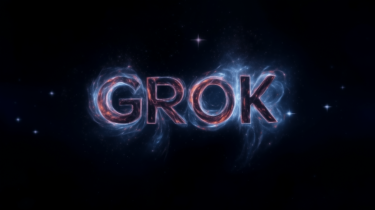A new bill proposed by Democratic Congressman Adam Schiff aims to require AI companies to disclose copyright information on their training data. Industry associations such as the RIAA support the initiative.
US Congressman Adam Schiff, a Democrat from California, has introduced a bill titled the "Generative AI Copyright Disclosure Act" in the House of Representatives.
If passed, the bill would force AI companies to disclose which copyrighted works they used to train their models - or face financial penalties.
The law would apply to both new and existing generative AI systems that have already been released and are in use. A complete list of copyrighted works in the training data set would have to be submitted to the Copyright Office within 30 days before an AI model is released. This would also apply if the training dataset of an existing model is significantly modified.
In cases of non-compliance, the Copyright Office would determine fines on a case-by-case basis, considering factors such as prior compliance history and the size of the company.
Schiff described his Generative AI Copyright Disclosure Act as an important step in fostering innovation while protecting the rights and contributions of creators. It is about respecting creativity in the age of AI and balancing technological advancement with fairness.
Ken Doroshow, Chief Legal Officer of the RIAA, stressed that comprehensive and transparent reporting is a prerequisite for effective enforcement of creators' rights. David Israelite, president and CEO of the NMPA, called the bill a "critical first step" toward full licensing by AI companies and fair compensation for songwriters. Other industry groups, including the Writers Guild of America, SAG-AFTRA and the Directors Guild of America, also support the initiative.
Generative AI models are trained on billions of works, many of which are unlicensed. Many of the world's largest AI companies publicly defend this practice as "fair use," but many in the creative industries see it as a form of mass copyright infringement. The debate has led to several lawsuits between rights holders and AI companies, the outcome of which remains uncertain.




